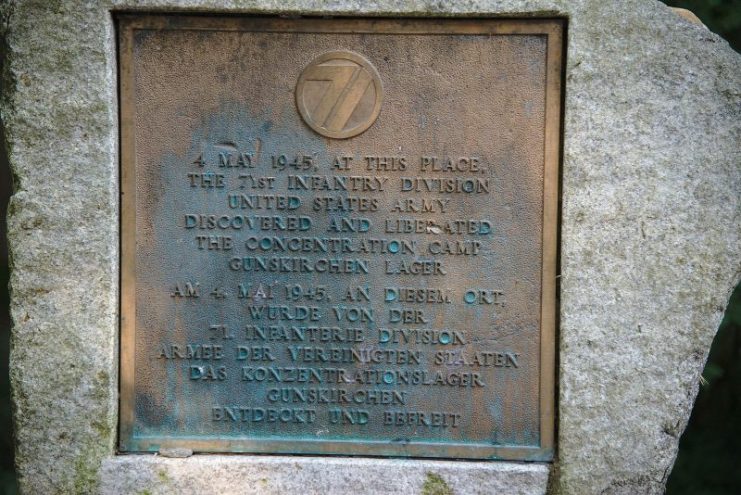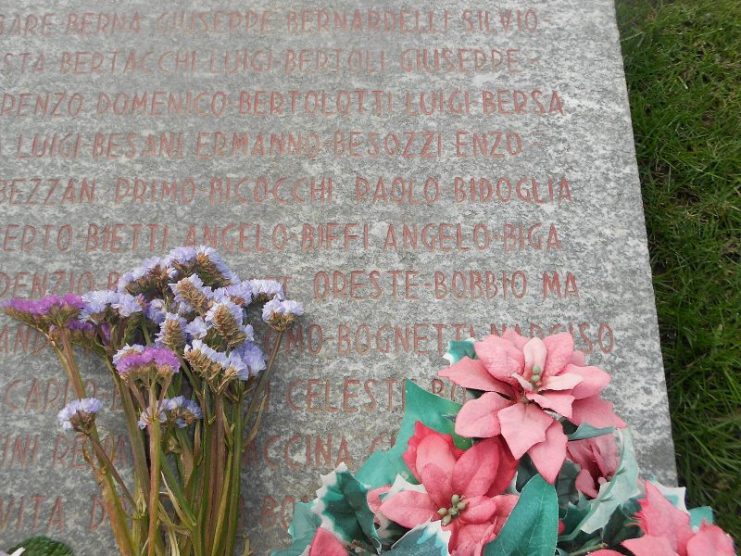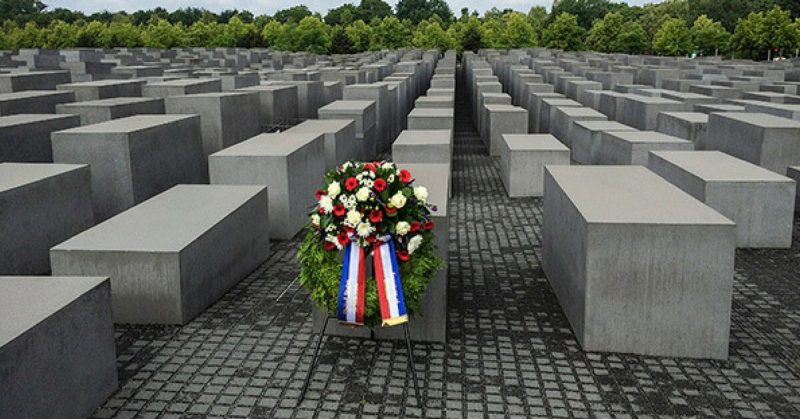William John Jucksch died on November 28, 2017. He was 92 years old. Best known for accidentally discovering and then liberating a Nazi concentration camp in World War II, he is remembered by friends and family as someone who loved fun and could be goofy – a loving grandfather and good friend.
Born in McAllen, Texas in 1925 to vaudeville performers, he spent time in Chicago, Cleveland, Manhattan and Jackson Heights, before living with his maternal grandparents in Missouri while a teenager. He left Neosho high school to join the army during WWII and fought in Patton’s 3rd Army in Europe.
Having an athletic background in football and track, naturally led to him being assigned to carry a 60-pound radio to the front lines to scout enemy positions and direct artillery fire.
The Headquarters Battery, 607th Field Artillery Battalion, 71st Infantry Division, he was assigned to in Patton’s 3rd Army, was responsible for crossing France, Germany and Austria; breaching the Siegfried Line; destroying the 10th SS Mountain Nord Division from the German army; and capturing many cities and almost 80,000 enemy troops.

While scouting with three other soldiers on May 4, 1945, only days before the Germans would surrender and end the conflict in Europe, the 19-year-old Jucksch found a barbed wire fence and piles of bodies inside. There were dead bodies stacked two or three deep.
The group of soldiers had stumbled across the Gunskirchen Lager concentration camp. Thousands were already dead from starvation before the US Army arrived. The rest, too weak to stand, crawled to the soldiers to beg for help. Jucksch radioed for assistance, which lead to more than 10,000 people being freed from the camp.
It took Jucksch until 2009 to start talking publicly about that morning in 1945.The Holocaust Commission of the United Jewish Federation of Tidewater documented the camp and Jucksch’s part in the liberation in their film, “What We Carry.”
Jucksch rose to the rank of staff sergeant before leaving the army. He was awarded two battle stars, and the French Croix de Guerre for his service. Later, he received the Chevalier of the Legion d’Honneur from the President of France.

He worked in the Nuremberg trials, wiring the court for the audio devices that help with translation.
After leaving the military, he earned his bachelor’s degree in electrical engineering at the University of Missouri. He became a scientist for the Navy, studying underwater acoustics with the Naval Underwater Sound Laboratory in Waterford, Connecticut. Whilst working for the Navy, he earned his master’s in electrical engineering from the University of Connecticut and a master’s in public administration from the University of Northern Colorado.
During his time with the navy, he conducted research on more than 30 submarines in the US Navy in many of the world’s seas and oceans. He also received the Decibel award from the technical director of the Navy Underwater Sound Laboratory.
He served as the science adviser for the commander of the US Atlantic Fleet. Before he retired, they awarded him the Navy’s highest honor for civilians, the Navy Superior Civilian Service Award.
After retiring from the Navy, Jucksch took a job as a real estate assessor, which he worked at until he was 90 years old. He was also a lifetime member of VFW Post 392 (Veterans of Foreign Wars of the United States of America).
When not working or serving his country, he could often be found helping his grandkids with their homework. According to his granddaughter, he was a great help because he knew “everything.” A simple question could lead to a lengthy discussion about the meaning of life. His friends and family remember him as being “goofy and fun-loving.”
